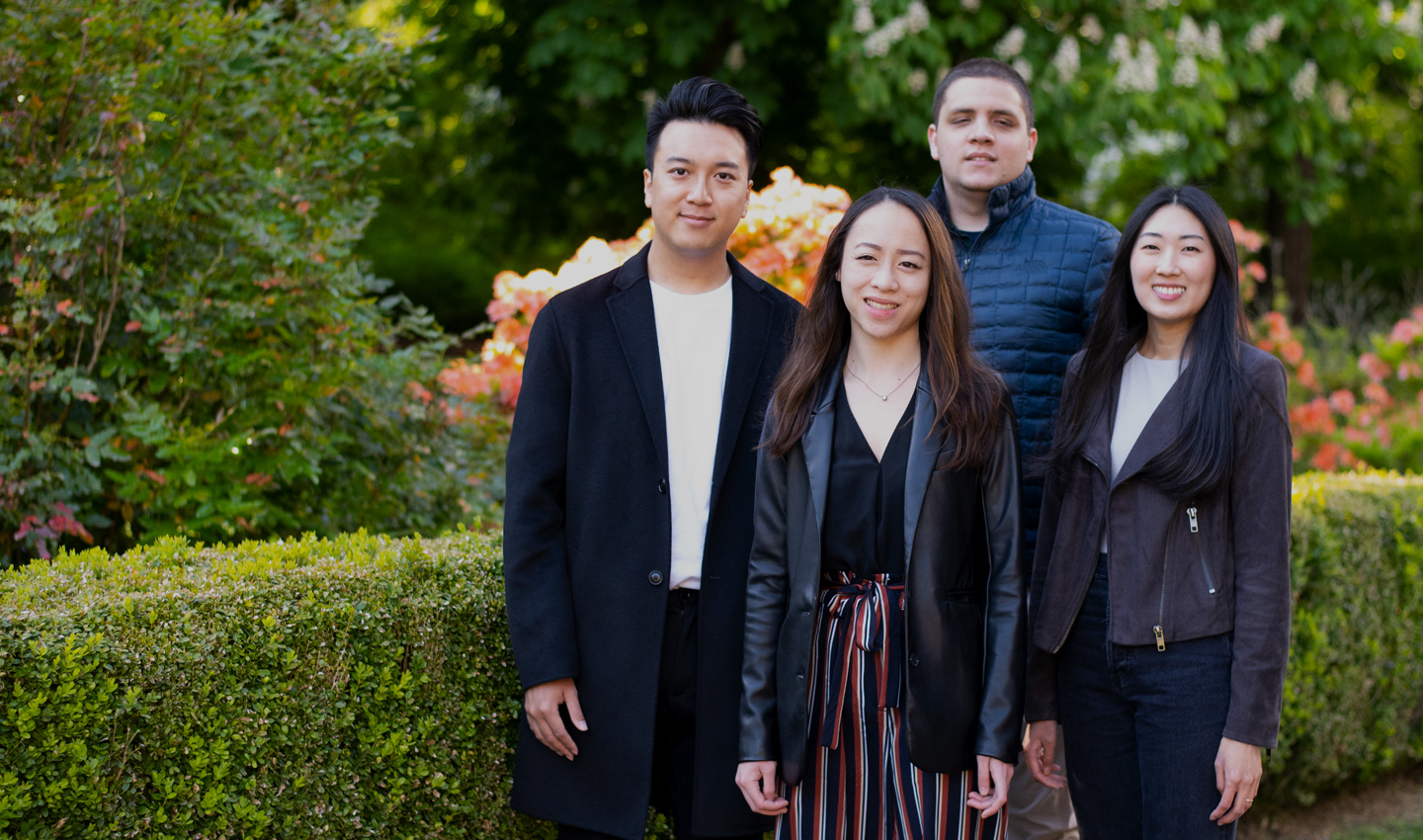Mobile apps promoting a healthy diet have proliferated, but older users, especially those with dementia, continue to be neglected.
According to the Centers for Disease Control and Prevention, 5.6 million people aged over 65 in the United States are living with Alzheimer's disease, which is the most common cause of dementia.
Amidst these troubling statistics, a group of Master of Science in Information Management students partnered with the University of Washington School of Nursing to create an app called Olitor that helps seniors eat healthier and adhere to a Mediterranean diet. The mobile app enables users to track their diet through surveys and recommends recipes.
The School of Nursing has had several Capstone teams in the past do research and work on prototypes for Olitor, but this is the only group that has advanced that research into an actual mobile app.
The Capstone team this year was tasked with designing a usable and accessible app centered around the needs of patients with dementia or those with mild cognitive impairments. The students’ intention was to help improve online health care for an underserved population.
“We hope that the application improves the quality of users' lives. A healthy diet can perform wonders, and the Mediterranean diet, in particular, has proven to slow the effects of Alzheimer's on those of advanced age,” said Nicholas Marangi, the team’s software developer.
To achieve this goal, the MSIM students initiated their Capstone project with field research to get a sense of the daily struggles and needs of the demographic the app would be designed to serve. They conducted a series of interviews and user testing via Zoom with three participants who have dementia and their care partners.
After doing so, the students set to work to incorporate the needs of users with dementia into the development of their app. Data analyst Oscar Wu, for instance, developed visualizations with bar charts so users can assess which food category they need to eat more of. User testing and developing, however, were not easy tasks.
“It’s been challenging trying to balance the needs of the users we had in mind and our core messaging,” said project manager Kimberly Lum. “We had to simplify a lot of our language and interfaces to ensure it was as accessible as possible for patients with dementia.”
Despite the challenges, the students felt prepared to take on a long-term project of this scale with help from the School of Nursing, and they said they learned a lot in the process.
“Sponsors from the School of Nursing were very encouraging and really empowered us to decide as a team where we want to take the project while also guiding us along the way and helping scope the project,” said Jayna Wang, the team’s lead UX researcher. “Working in a collaborative environment where we each have different roles was very new to me, but it helped me strengthen my communication skills.”
The students’ primary point of contact from the School of Nursing was Oleg Zaslavsky, who is an associate professor in the Biobehavioral Nursing and Health Informatics Department. Zaslavsky had equally positive things to say about his experience working with the MSIM students.
“It's been a gratifying experience in an integrated fashion for both the sponsor and the students because I feel like I learned from them as much as they could learn from me,” said Zaslavsky.
Now that the Capstone team has developed Olitor, they will hand it over to the School of Nursing, where more user and efficacy testing will take place before it is made available to the public.
Learn more about the Olitor project in our Capstone archive.
Pictured at top: From left, MSIM Capstone team members Oscar Wu, Kimberly Lum, Nicholas Marangi and Jayna Wang.
